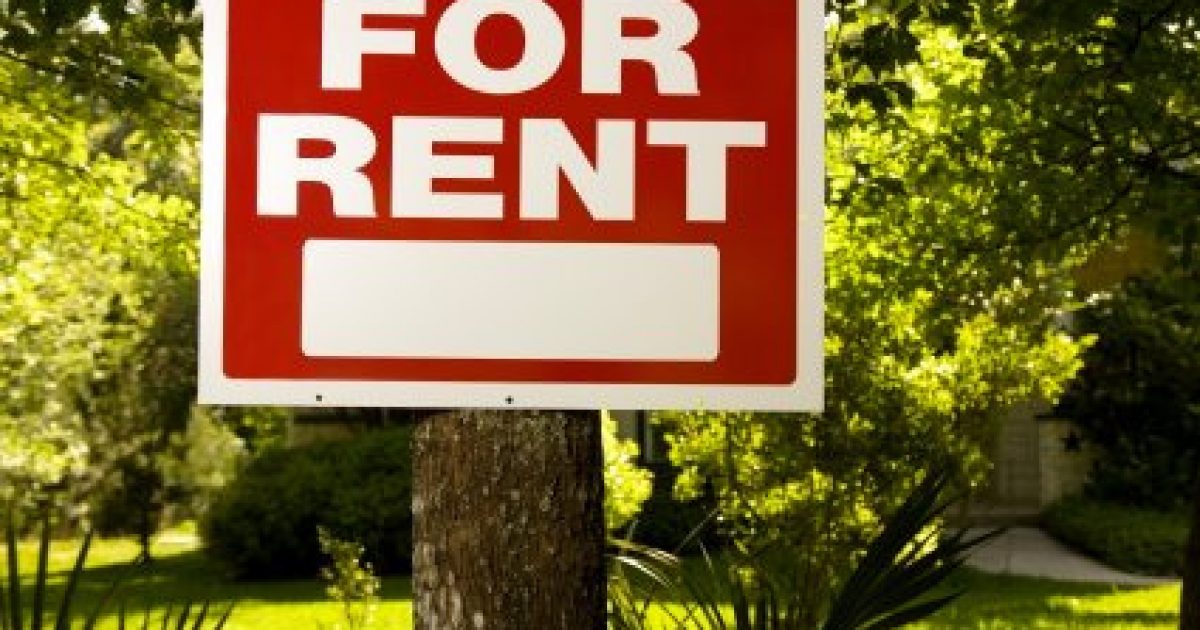
On February 28, 2019 Oregon became the first state in the country to enact statewide rent control.
Oregon’s rent control law, SB 608 prohibits landlords from increasing rent more than 7 percent over the annual inflation rate. No-cause evictions have also been scrapped, with landlords being obligated to document the cause for evictions. Depending on the case, landowners may also be compelled to provide their tenants 90-days notice eviction. On top of that, they must pay tenants one month’s worth of rent.
This law was passed in response to the rising housing prices that Oregon has faced over the last decade. Reports from The New York Times indicate that Portland has witnessed the largest spike, as rents have increased by 30 percent since 2011.
Indeed, Oregon’s move to pass statewide rent control is unprecedented considering that 37 states actually prohibit cities from passing rent control legislation. These states prohibit rent control for good reason. Rent control not only causes housing shortages, but it actually does nothing to address housing affordability.
By default, government-imposed rent control is a flagrant violation of basic economics. Prices signal to landowners how to allocate their scare land and building inputs. When prices are distorted by rent control, however, an artificial demand emerges. This demand ends up outpacing supply, which then results in shortages.
We witness this all over the world when price controls and similar government mandates go in effect. Venezuela these days is the freak example of this trend, with its never-ending maze of price controls on basic goods that have caused extreme shortages. Thankfully, the U.S. has largely rejected these types of controls, with the exception of a few urban centers in reliably leftist states. Shortages will eventually become a reality in these enclaves as these distortions become ingrained in the housing market.
Apart from shortages, rent control brings about unpleasant social developments. Due to the government stealing the value of properties from landowners, these individuals have reduced incentives to invest in their property and maintain it. With time, these properties will deteriorate, and in worst case scenarios, morph into ghettoes.
The housing affordability question is ultimately one of housing supply. Most Progressive urban centers feature very stiff zoning and land-use restrictions that limit housing supply, thus pricing out many potential homeowners of humble means.
Instead, states like Oregon should look at cities like Houston for guidance on how to construct housing policy. Houston has become a trendsetter in free market urbanism thanks to its lax zoning restrictions. Its hands-off approach to urban development has allowed land to follow market trends instead of the whims of housing bureaucrats, whose policies ultimately make housing less affordable.
As a result, Houston has escaped many of the housing affordability problems that other major urban centers have faced in recent times.
Cities should say no to rent control and embrace wholesale liberalization of their housing markets.



